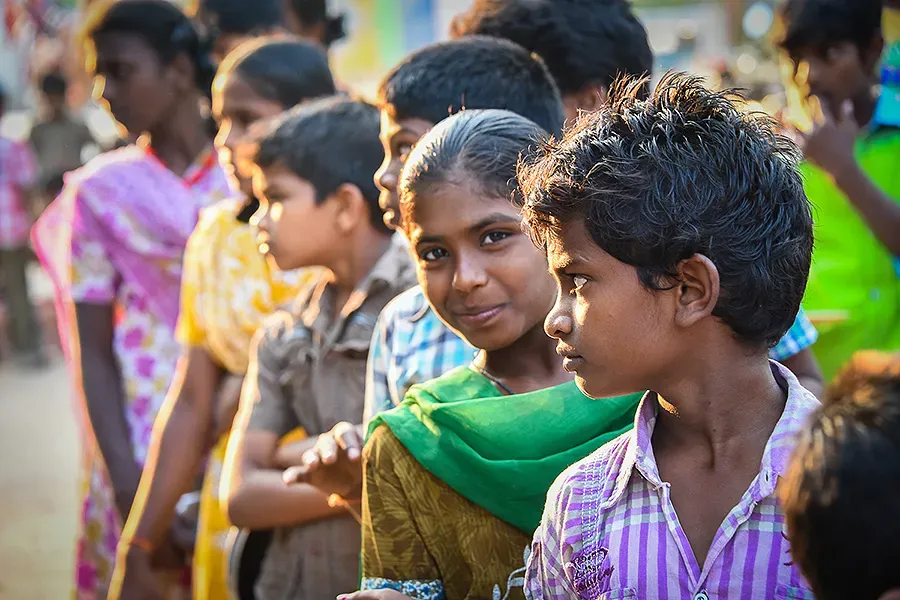Thiruvananthapuram, 07 August, 2021 / 10:17 am (ACI Africa).
A Catholic diocese in India has announced that it will offer cash incentives to families who were married from the year 2000 onward and have five or more children.
The Eastern-rite Syro-Malabar Diocese of Palai in Kerala state said it will pay 1,500 rupees (about US$21) monthly to the families and will provide free education to the fourth and the subsequent children.
Women with three children will also be entitled to free pre- and post-natal care in Church-run hospitals.
The scheme is part of the observance of the “Year of the Family” of the Syro-Malabar Church, said a Radio Veritas Asia report.
“It is nothing new. We took it up again in the backdrop of the pandemic and the ongoing year of family celebrations,” said Father Joseph Kuttianikal, director of the diocese’s family apostolate body.








